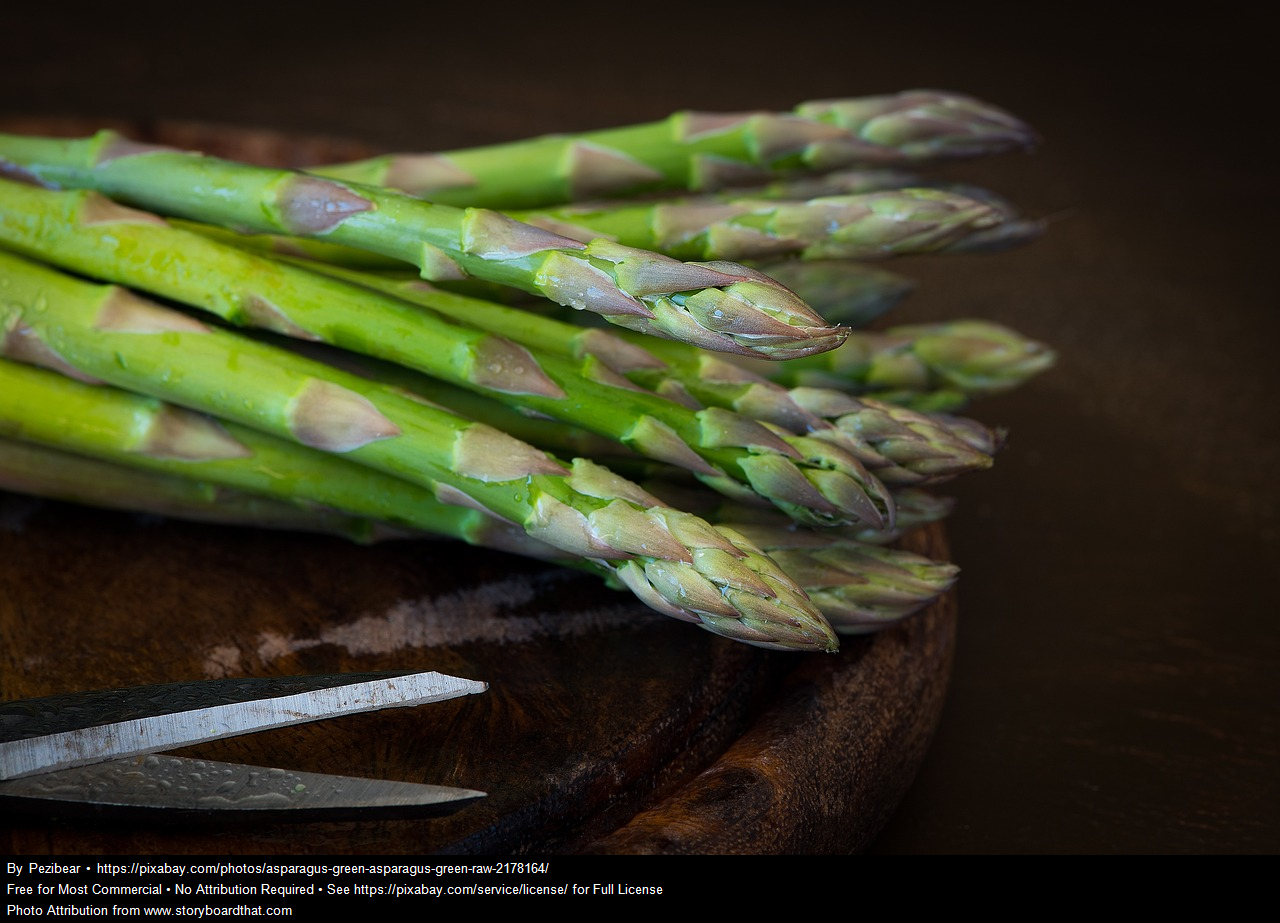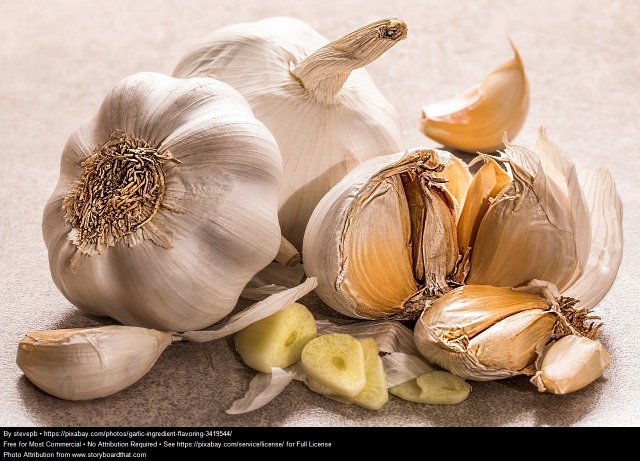Struggles of Some Kenyans Online
A Kenyan shared their struggle with halitosis on social media, seeking advice and solutions to cope with the persistent condition.
Through Ndungu Nyoro’s platform, the individual revealed that despite undergoing tonsil removal and dental treatments, the bad breath persists, leaving them with low self-esteem and feelings of self-hate.
The condition has significantly impacted their quality of life, pushing them into isolation as they avoid close interactions for fear of judgment.
Although they maintain proper oral hygiene and stay hydrated, they remain unable to resolve the issue.
In their heartfelt appeal, they expressed a desire for happiness and relief, asking for advice on managing the condition.

A member of Wanderlust Diaries also shared her struggle with halitosis, describing how it has negatively affected her life and relationships, even impacting her children.
She explained that despite maintaining rigorous oral hygiene—brushing multiple times daily, using mouthwash, and avoiding triggers like spices, alcohol, and smoking—the issue persists.
She avoids social gatherings and meetings, carrying dental products everywhere and sometimes excusing herself mid-meeting to brush her teeth.
The condition has taken a toll on her self-esteem, leaving her socially isolated and reluctant to host or attend events.
She revealed that her children had noticed the odor and expressed a bittersweet relief that her marriage ended, sparing her from close proximity with a partner.
But all isn’t lost, one can eliminate certain foods in their diet to get better mouth hygiene.
According to the Cleveland Clinic there are foods that might be causing chronic bad breathe. They are;
Cruciferous veggies
Cruciferous vegetables like broccoli, cabbage, Brussels sprouts, and cauliflower release sulfuric acid. This scent is intensified by sweat, breath, or gas.
Asparagus
When the asparagusic acid found in asparagus is digested by your body, it’s then converted into sulfuric acid. This gives your urine a strong sulfuric stench. This however does not apply to everybody.

Alcohol
Alcohol is metabolized into acetic acid, which is released through your skin’s pores, as well as your breath. It is advisable to brush your teeth after a night out. It is also advisable to hydrate during your night out.
Be mindful of the drinks you keep consuming. In Kenya, traditional brews such as Muratina and Busaa are notorious for causing body odor.
Fish
Fish is filled with choline, which gives it a strong fishy odor. When consumed it can give you a bad aroma, too this is because of a compound known as trimethylamine which is released via sweat.
This is an inherited genetic disorder called trimethylaminuria.
Garlic and Onions
Garlic and onions are common culprits for causing bad breath due to their high sulfur content. When consumed, these compounds are absorbed into the bloodstream and eventually exhaled through the lungs, leading to a lingering odor that brushing and mouthwash alone may not eliminate.

Coffee
Coffee and alcohol dry out the mouth and allow bad-smelling bacteria to grow. For some people, the odor might be coming from the mouth.
Such problems could be a result of dental issues like gum disease or cavities. Dry mouth and certain medications might also contribute to bad mouth odor. Inadequate tongue cleaning can harbor bacteria, intensifying the taste.
In most cases checking your diet, and minimizing your consumption of foods that affect your breath can be of great help. It is also advisable to visit a dentist at least three times a year.
It is also advisable to use deodorants, maintain good hygiene, and wear clean clothes. If the odor persists, visit a doctor.
by PENINAH NJOKI


